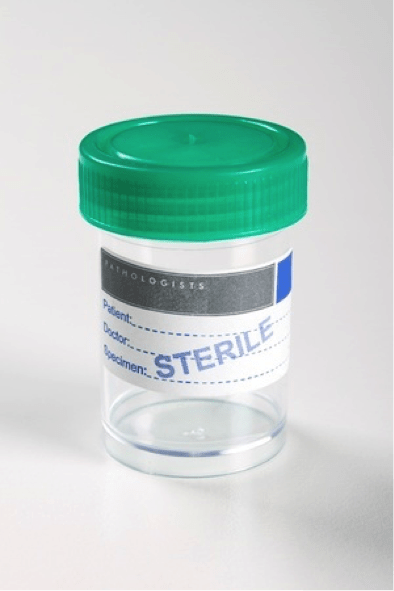 Driving Under the Influence of Drugs in Ohio
Driving Under the Influence of Drugs in Ohio
As marijuana legalization gains widespread acceptance across the United States, many are beginning to wonder whether traditional “driving under the influence” laws apply to drivers with a penchant for pot. While other states may take a more lenient approach to this issue, Ohio remains one of the states that still criminalizes the recreational use of marijuana – meaning driving under its influence remains a serious criminal offense.
If you are facing a charge of driving under the influence of drugs or alcohol, please do not hesitate to contact the Farrish Law Firm, L.P.A. right away – we can help!
How does Ohio define ‘drugged driving?’
Ohio Revised Code § 4511.19(vii) defines driving under the influence of marijuana as driving with a concentration in any of the amounts listed in the next section.
While recognizing a drunk driver is often obvious, it can be more difficult for officers to spot a driver under the influence of cannabis. Accordingly, Ohio law enforcement is training its officers to become Drug Recognition Experts capable of determining whether a suspect is under the influence of a drug and, if so, what type of drug.
Are there chemical tests for driving under the influence?
Yes. The Ohio Revised Code sets forth a threshold for the presence of marijuana in one’s blood. These current thresholds are set forth below:
| Prohibited Substance | Urine Thresholds | Blood Thresholds |
| Marijuana | 10 ng/ml | 2 ng/ml |
| Marijuana metabolite | 35 ng/ml | 50 ng/ml |
| Marijuana metabolite combined with other drugs or alcohol | 15 ng/ml | 5 ng/ml |
What if I have a prescription?
Under O.R.C. § 4511.19(K)(1,2), it is a defense to the crime of drugged driving if:
- A licensed medical professional prescribed the driver marijuana within Ohio or another state, or
- The driver took the marijuana at the direction of a medical professional. Keep in mind, however, this caveat does not include a “recommendation” by a doctor to use marijuana for medical treatment without an accompanying official prescription.
What happens if I refuse a chemical urine or blood test?
Identical to the laws pertaining to drunk driving and breathalyzers, when an Ohio driver receives a license, they agree to implied consent laws. Essentially, if an officer suspects you are driving under the influence of drugs, you agree to submit to a chemical test.
If a drugged driving suspect refuses to submit to a chemical test, they automatically lose driving privileges for a period of one year. For the second refusal within 6 years, the state suspends privileges for two years, while a third refusal within 6 years nets a suspension of three years.
Penalties for driving under the influence of drugs are set forth below:
| How many offenses? | Classification | Penalties |
| First offense | First degree misdemeanor | – Mandatory minimum penalty of three days’ incarceration, maximum incarceration of six months
– Fine between $375 – $1,075 – Possible avoidance of jail by participation in three-day drivers’ intervention program – License suspension six months to three years |
| Second offense | First degree misdemeanor | – Mandatory minimum penalty of 10 days’ incarceration, mandatory maximum incarceration of six months
– Mandatory drug treatment – Fine between $525 – $1,625 – License suspension one to five years – Mandatory impoundment of vehicle for 90 days |
| Third offense | First degree misdemeanor | – Mandatory minimum penalty of 30 days’ incarceration, mandatory maximum incarceration of one year
– Fine between $850 – $2,750 – License suspension two to 10 years – License suspension three years to life – Mandatory drug treatment – Vehicle forfeiture |
| Fourth or Fifth offense | Fourth degree felony | – Mandatory minimum penalty of 60 days’ incarceration, maximum incarceration 30 months incarceration
– Fine between $1,350 – $10,500 – License suspension three years to life – Mandatory drug treatment – Vehicle forfeiture |
| Sixth offense (or subsequent) | Third degree felony | – Mandatory minimum penalty of 120 days’ incarceration, possible maximum incarceration of three years
– Fine between $1,350 – $10,500 – License suspension three years to life – Mandatory drug treatment – Criminal forfeiture of vehicle |
Contact an Ohio criminal defense attorney today
The penalties for drugged driving are steep. For help with a defense, contact The Farrish Law Firm, L.P.A. today at 513-621-8700.

 Driving Under the Influence of Drugs in Ohio
Driving Under the Influence of Drugs in Ohio

